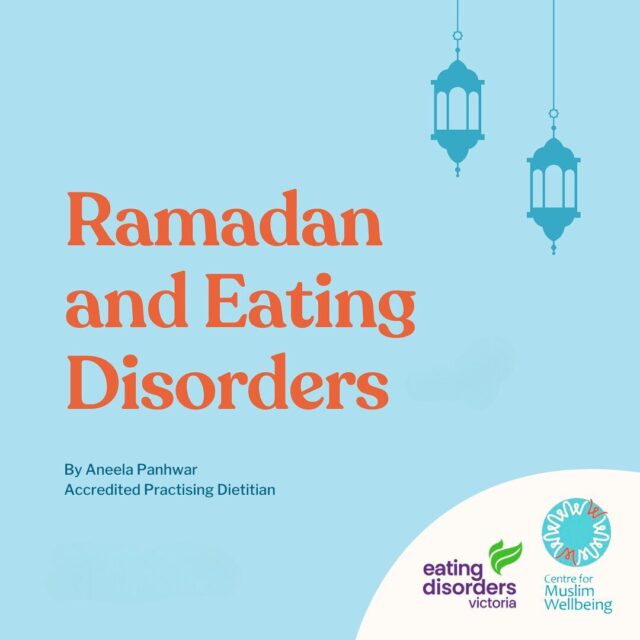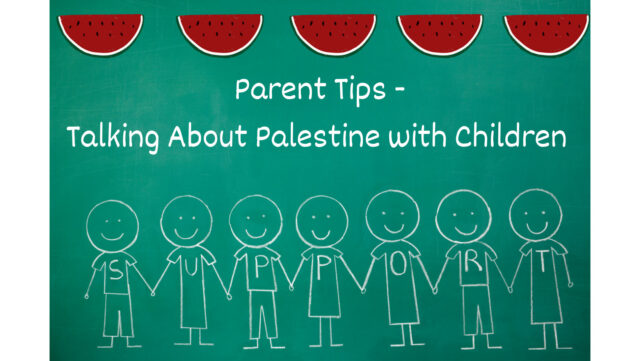Our thoughts and prayers are with our brothers and sisters in Palestine. We hope and pray for an improvement in their situation. During the last few weeks, parents have reached out to me seeking advice on engaging in conversations with their children regarding the current situation. I hope that the following advice will be helpful in guiding you through these conversations.
Children are actively undergoing cognitive, behavioural, and emotional changes. Consequently, they do not possess the same level of understanding and coping abilities to deal with stress and anxiety of what we are witnessing. Therefore, it is essential for parents and caregivers to play a proactive role in providing accurate and developmentally appropriate information to help children navigate these topics.
Here are some tips on how to approach the conversation with your child and to provide them with support and comfort.
1. Find out what they know and how they feel
Choose a time and place when you can bring it up naturally and your child is more likely to feel comfortable talking freely, such as during a family meal. Try to avoid talking about the topic just before bedtime.
A good starting point is to ask your child what they know and how they are feeling. Some children might know little about what is happening and not be interested in talking about it, but others might be worrying in silence. With younger children, drawing, stories and other activities may help to open up a discussion.
It’s important not to minimise or dismiss their concerns. If they ask a question that might seem extreme to you, such as “Are we all going to die?”, reassure them that is not going to happen, but also try to find out what they have heard and why they are worried about that happening. If you can understand where the worry is coming from, you are more likely to be able to reassure them.
Be sure to acknowledge their feelings and assure them that whatever they are feeling is natural. Show that you’re listening by giving them your full attention and remind them that they can talk to you or another trusted adult whenever they like.
2. Keep it calm and age-appropriate
Children have a right to know what’s going on in the world, but adults also have a responsibility to keep them safe from distress. You know your child best. Use age-appropriate language, watch their reactions, and be sensitive to their level of anxiety.
It is normal if you feel sad or worried about what is happening as well. But keep in mind that kids take their emotional cues from adults, so try not to overshare any fears with your child. Speak calmly and be mindful of your body language, such as facial expressions.
3. Focus on the helpers
It’s important for children to know that people are helping each other with acts of courage and kindness. Find positive stories, such as the Doctors and paramedics who continue to help heal those who are wounded and ill, and all the prayers and protests around the world.
See if your child would like to participate in taking positive action. Perhaps they could draw a poster or write a poem for peace, or maybe you could participate in a local fundraiser or join a petition. The sense of doing something, no matter how small, can often bring great comfort.
4. Close conversations with care
As you end your conversation, it’s important to make sure that you are not leaving your child in a state of distress. Try to assess their level of anxiety by watching their body language, considering whether they’re using their usual tone of voice and watching their breathing.
Remind them that you care and that you’re there to listen and support whenever they’re feeling worried.
5. Continue to check in
As news of the conflict continues, you should continue to check in with your child to see how they’re doing. How are they feeling? Do they have any new questions or things they would like to talk about with you?
If your child seems worried or anxious about what’s happening, keep an eye out for any changes in how they behave or feel, such as stomach-aches, headaches, nightmares or difficulties sleeping.
You can help them reduce stress through doing activities like:
• Take 5 deep breaths, spend 5 seconds breathing in and 5 seconds breathing out, breathing in through your nose and out through your mouth
• Explain that when your child inhales, they are blowing up their tummy softly like a balloon, and when they exhale the air is going slowly out of the balloon again.
• Making Dua, reciting Quran and doing Tesbihah.
Be ready to talk to your child if they ever bring up the subject. If it’s just before bedtime, finish up with something positive such making Dua and showing gratitude to Allah.
6. Take care of yourself
You’ll be able to help your kids better if you’re coping, too. Children will pick up on your own response to the news, so it helps them to know that you are calm and in control.
If you’re feeling anxious or upset, take time for yourself and reach out to other family, friends and trusted people. Be mindful of how you’re consuming news: Try identifying key times during the day to check in on what is happening rather than constantly being online.
Who to contact for professional support:
• Centre for Muslim Wellbeing website has a list of Muslim Mental Health workers/counsellors and Psychologist you can contact for support. https://cmw.org.au/
• Free Counselling Support is being offered by Mindwise Health and & Wellbeing. https://mindwisehealth.com.au/our-team/
About the Author:
Gulcin Buyukyazici is a Psychologist who currently works at Mindcare Consulting (https://www.mindcareconsulting.com.au) and in a Primary School setting. She is passionate about early intervention in mental health. She incorporates Play Therapy and utilizes other expressive therapies like sand tray work and art/craft in her practice. She also provides workshops and training for schools and communities.







